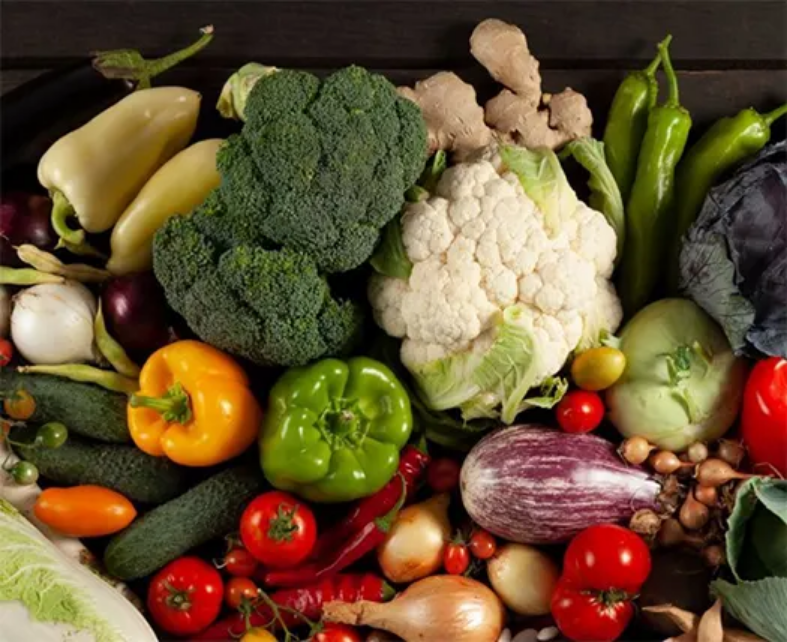Endometriosis, affecting approximately one in ten women of reproductive age worldwide, is a chronic condition characterized by the growth of endometrial-like tissue outside the uterus. This misplaced tissue triggers inflammation, scarring, and potential infertility, significantly impacting the quality of life for those affected. While global statistics underscore its prevalence, data specific to Ghana remains limited, though anecdotal evidence points to its substantial contribution to infertility and pelvic pain among Ghanaian women. Emerging research highlights the critical role of nutrition in managing endometriosis symptoms and enhancing overall well-being, emphasizing dietary strategies that mitigate inflammation and promote hormonal balance.
The debilitating symptoms associated with endometriosis, including pelvic pain, fatigue, digestive problems, and painful menstruation, are primarily driven by chronic inflammation and hormonal imbalances. The foods we consume directly influence these processes, making diet a powerful tool for managing the condition. Anti-inflammatory foods, rich in antioxidants, play a crucial role in combating the chronic inflammation central to endometriosis. Locally available fruits and vegetables in Ghana, such as oranges, mangoes, kontomire, carrots, and tomatoes, are excellent sources of these protective antioxidants. Furthermore, incorporating anti-inflammatory spices like ginger and turmeric, staples in Ghanaian cuisine, can further enhance the anti-inflammatory effect. Omega-3 fatty acids, abundant in fatty fish like mackerel (locally known as salmon), sardines, and tuna, are vital for regulating inflammation and should be included in the diet.
Hormonal balance, particularly estrogen regulation, is another key aspect of managing endometriosis. Excess estrogen can exacerbate symptoms, and a high-fiber diet aids in its removal through the digestive system. Whole grains like brown rice, maize, and millet, legumes such as beans and bambara, and vegetables like cabbage and garden eggs are rich sources of dietary fiber and contribute to healthy estrogen levels. Conversely, high consumption of red and processed meats, including corned beef, sausages, and fried meats, is linked to increased inflammation and hormonal disruption, and therefore, should be limited. Plant-based protein sources like beans, lentils, groundnuts, and moderate amounts of fish or poultry offer healthier alternatives.
Micronutrients also play a significant role in managing endometriosis. Vitamin D, crucial for immune function, can be obtained through safe sun exposure, a readily available resource in Ghana, as well as through dietary sources like eggs and oily fish. Other essential nutrients include magnesium, found in leafy greens and legumes, which contributes to reducing fatigue; vitamin E, present in avocados and groundnuts; and iron, found in fish, lean meats, and dark leafy vegetables, important for replenishing iron stores lost through heavy menstrual bleeding.
Digestive issues, such as bloating and irregular bowel movements, are common among women with endometriosis. Dietary modifications, such as the low FODMAP or gluten-free diet, may offer relief from these symptoms. However, these diets can be restrictive and should be implemented under the guidance of a registered dietitian or other qualified healthcare professional. Maintaining a food diary can also be helpful in identifying specific trigger foods that exacerbate digestive problems.
While no single diet can cure endometriosis, a well-balanced, nutrient-rich dietary approach significantly contributes to reducing symptom severity and improving overall well-being. In Ghana, where access to specialized gynecological care may be limited, dietary management becomes an even more crucial and empowering aspect of self-care for women with endometriosis. It’s important to remember that every woman’s experience with endometriosis is unique, and therefore, dietary changes should be personalized to address individual needs and preferences. Consulting with a registered dietitian or healthcare provider is essential for developing a tailored nutrition plan that optimizes symptom management and supports overall health. Dr. Laurene Boateng, a Registered Dietitian and Senior Lecturer at the University of Ghana, emphasizes the importance of evidence-based nutrition advice and offers resources through her platform, Full Proof Nutrition, for personalized dietary guidance.


